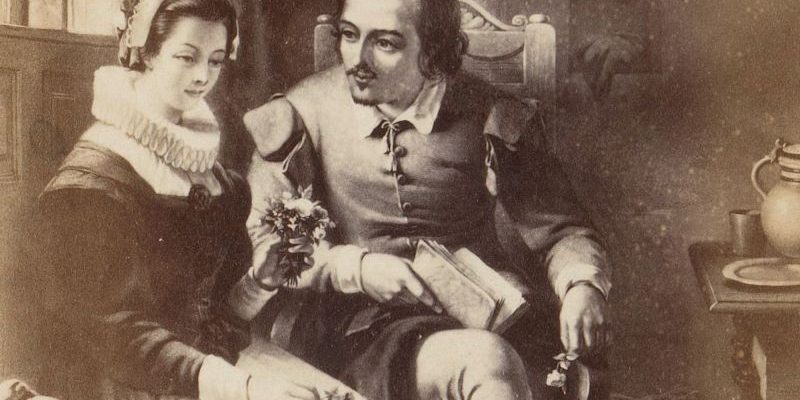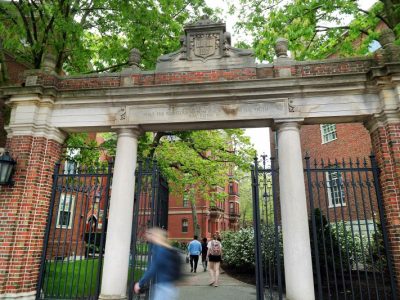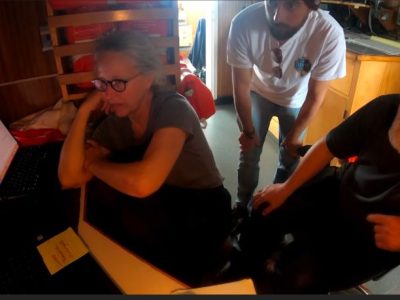
William Shakespeare’s marriage to Anne Hathaway may have been happier than previously thought, according to new research.
It has been long believed that the playwright left his wife behind when he moved to London, but new findings from the University of Bristol suggest that the couple were living together in London for some period of time between 1600 and 1610.
Shakespeare married Hathaway in 1582 and the couple shared three children. Experts have long thought that Shakespeare then moved to London from his home in Stratford-upon-Avon, leaving his family behind.
Now, a long forgotten letter may turn that theory on its head, according to Matthew Steggle, a professor of English at Bristol University.
The fragments of the letter, addressed to “good Mrs Shakspaire,” (the name’s spelling at the time) were found sewn into the binding of a 1,000-page theological book in the city of Hereford, about 50 miles from Stratford-upon-Avon.
Although the letter’s writer hasn’t been identified, they refer to a fatherless apprentice called John Butts.
Steggle found just one person by Butts’ name who fit the criteria and lived in London at that time.
The letter writer accuses the husband of “Mrs Shakspaire” of withholding money from Butts and asks her for the funds. In what may be a reply from Hathaway herself, the recipient stands by her husband and refuses to settle the claim.
The letter also refers to a “Shakspaire” couple who lived in a place called Trinity Lane. Out of the four couples living in London with the surname, Steggle believes only the playwright and his wife could have afforded to live in the relatively prosperous area.
Steggle said the discovery opens the path to more revelations about the playwright’s life.
“We know so little about exactly where Shakespeare lives in London, so it’s another sort of data point for that,” he said. “It’s another kind of anchor on where he might have been living, how he might have been, and how he might have been living in his London career.”
As for challenging views about Shakespeare’s relationship with his wife, Steggle credits a shift in attitudes towards women and greater academic work in this area.
“There’s this narrative, like the film ‘Shakespeare in Love,’ where he’s got this wife who’s this kind of distant encumbrance in Stratford, and (Shakespeare is) having all these romantic love affairs in London separately,” he said, referring to the Oscar-winning 1998 movie.
The letter is a “game-changer” that suggests Hathaway was not absent from her husband’s London life, but present and engaged in his financial and social networks, argues Steggle.
“The reason it’s gone unnoticed for so long is that it’s not in London… where there’s been a lot of quite intensive searching for Shakespeare,” Steggle said of the letter’s discovery.
Looking outside the city – and in the binding of books printed by the Bard’s old friend – could point the way “towards the possibility of more discoveries.”










